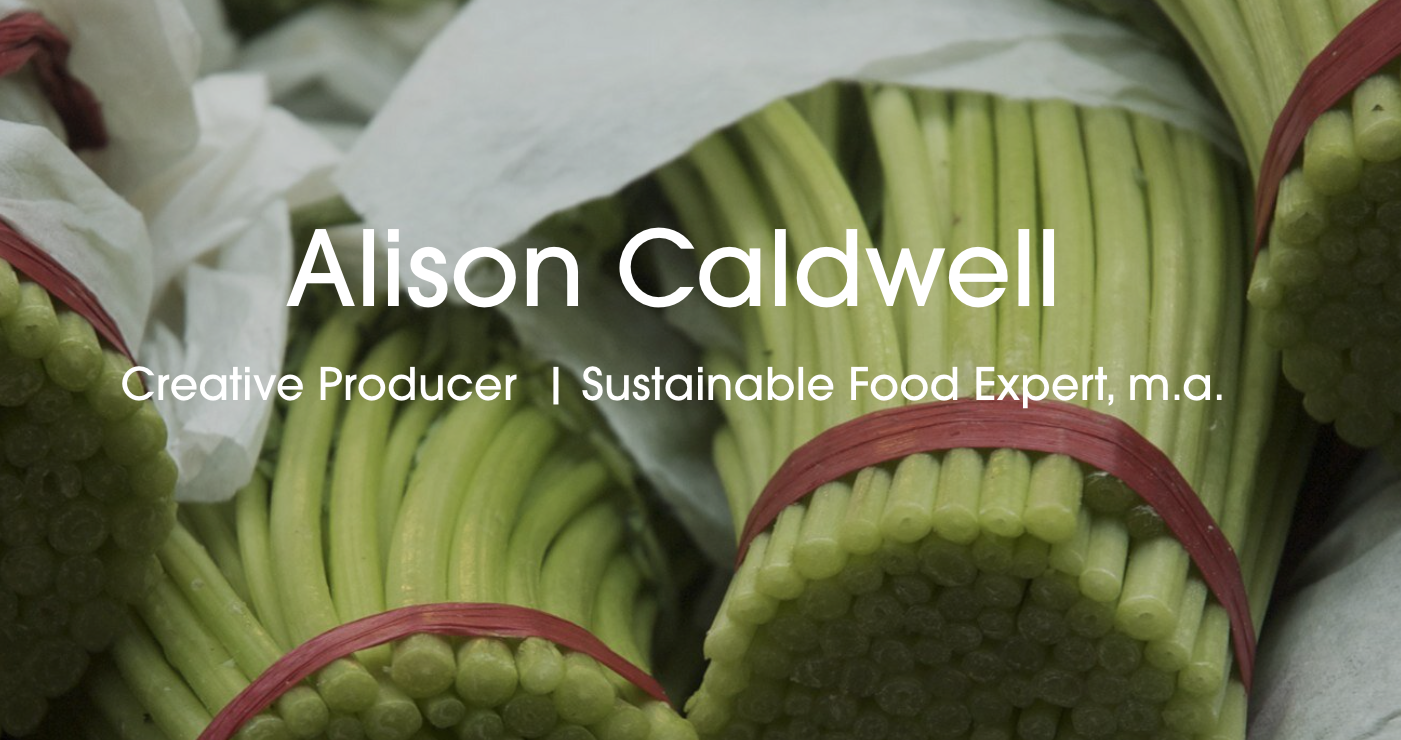"The Vietnamese have a resilient legacy who, adamant in their beliefs, remarkably resisted the Chinese, the French and the Americans to preserve their identity. So why stop at Monsanto?" - Alison Caldwell
Articles & Papers by Alison Caldwell
Alison is a published writer in the academic field of Food Studies with her work titled: “Will Tweet for Food,” in Taking Food Public: Redefining Foodways in a Changing World. Alison has written numerous articles and papers at her passionate cross-section of food, ethics, politics, and culture. She most recently collaborated with 23 international thought leaders in India on The Ecofeminist Manifesto: Making Peace With the Earth (2023).
From Agent Orange to GMO's in Vietnam
Upon exiting the Agent Orange exhibit at the War Remnant Museum in Ho Chi Mihn City, stop, exhale and take a deep breath of fresh air to leverage the unease in your stomach. Proceed 600 meters down the street past the farmer in the bamboo hat selling her mangosteens and sugar cane, make a quick right, then left turn, and find yourself at the doorstep of the American chemical and seed giant, Monsanto….MORE
“Will Tweet For Food,” Taking Food Public: Redefining Foodways in a Changing World
Walking through Midtown Manhattan at lunchtime, Union Square in the early evening, or the West Village late at night, it is difficult not to notice a subtle yet stirring culinary uprising in the streets of New York City. There is a collective clamor, online and offline, about a new street food trend with an elevated artisanal design- the microblogging mobile food truck. MORE
Raising Kosher
Before the processing or slaughter, animals must be reared. For the majority of kosher slaughterhouses, animal livestock is bred on what’s known as a concentrated animal feed operation (CAFO). CAFOs are well documented for the harm they cause to the welfare of the animal, workers, and the environment. Their practices are equally if not more ethically questionable than that of a processing plant... The ethics of kosher meat certification are then twofold. On the one hand, there is the slaughter and on the other, there is the rearing. MORE
Child Labor, Cocoa Distribution, and the Global Supply Chain.
“Economics can be made more productive by paying explicit attention to ethical considerations that shape human behavior and judgments.” –Amartya Sen... Since the era of colonization, when cocoa beans where transplanted from South America to the tropical equator in the Global South, cocoa has steadily taken hold of the western palate and the corporate pocket... MORE
Bottleneck of Inequity: Economic Tradeoffs and Ethical Dilemmas in Industrial Agriculture
"A thing is right when it tends to preserve the integrity, stability, and beauty of the biotic community. It is wrong when it tends otherwise." -Aldo Leopold...In industrial agriculture, trade-offs in the form of externalities aren’t always recognized. They are the downsides that are not factored into the cost of doing agri-business. From seed to consumer, and grain to grocery, the consequences of industrial agriculture are often considered “wicked problems”... MORE






